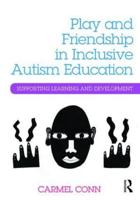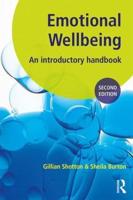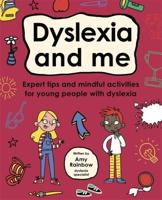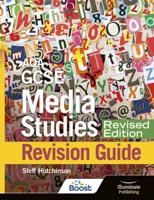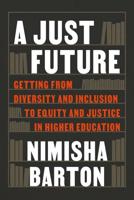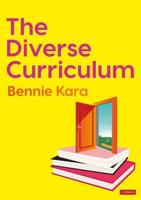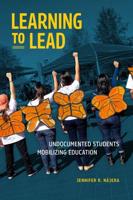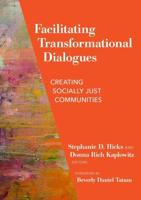Publisher's Synopsis
Leicester operates on the KISS principle: Keep It Simple, Stupid. Her thoughts are so clearly and concisely packaged that her thoughts for an "enabling education" read like an 11th commandment. The simpler thing are, the more obvious, sometimes, the more profoundly they affect us. For instance, it is an abserdly commomsensical notion that one might ask the people who use a service, whether they are satisfied with it or not.That is precisely what Leicester did intereveiwing eighteen adults with disabilities and ten parents of disabled children who are in the education system currently. While the size of her research sample, like the book in which she interprets tjhe findings, is small, she is able to weave from reacurrent narratives of the school experience a message that must be heard by educators and policy makers. Disability voice isa small, but hugely important book, absolutly powerful in it's brevity, highly readable for nonacademics-and slim enough to appeal to busy teachers, principles, and college faculty. In just over 100 pages, then, Leicester summerizes several disability theories, relates them to the education system, and proposes radical change. Next, she recommends many incremental improvementsin which a whole-school policy of inclusion might focus:increased resources, curriculum differntiation, assesments of "social adjustment! as well as academic acheivement, better information and support systems, involving parents as partners in assesment and decition-making, in-service training for teachers and staff, and external help for parents developing advocacy skills. Clear, straight forward, do-able suggestions:Keep It Simple. Leicester makes her point swiftly in brief with neither wasted words nor skimpy evidence... Inclusion benifits all, lets hope that Leicester's slim book inspires heavyweight changes in schools and colleges everywhere.'
- Disability Studies Quarterly
'Mal Leicester's book Disability Voice, which highlights the experience of disabled children and adults in the education system, is a timely and important contribution to the moral imperitive set out by the debates on inclusion... I found the book clear, direct and well-argued. The structure allows the reader to follow the themes of the stories but also to 'dip in and out' as required. It is a book that anyone interested in developing education policy that includes the experience of different peoples will find invaluable and challenging.'
- Journal of Moral Education
'Her own experiences as the parent of a severely disabled daughter were motivational in writing this book and were a significant factor in her decision to approach the issue of education through the direct experience of disabled people themselves. What follows is a wide ranging and authoratitive book, based on interviews with 30 adults with a variety of disabilities. Each is thoroughly analysed by the author. Disability Voice addresses the rights of those with disabilities and the needs of their carers. The book will be of particular interest and benefit to educational policy makers, teachers, their trainers and people with disabilities and their families.'
- Disability Times
The best method of including disabled people in mainstream education is the subject of much debate, but the voice of disabled people themselves is seldom heard. Mal Leicester argues that people have been disabled by society, and that there is a need for educational change. The book encourages equal opportunities for disabled people by promoting the practice of enabling education, a 'disability-aware' education that caters for everyone's educational needs. Interviews with disabled people are also included, giving their own recommendations for educators and policy makers.
Disability Voice addresses the rights of those with disabilities and the needs of their carers, and will be of interest to educational policy makers, teachers, their trainers, and people with disabilities and their families.


